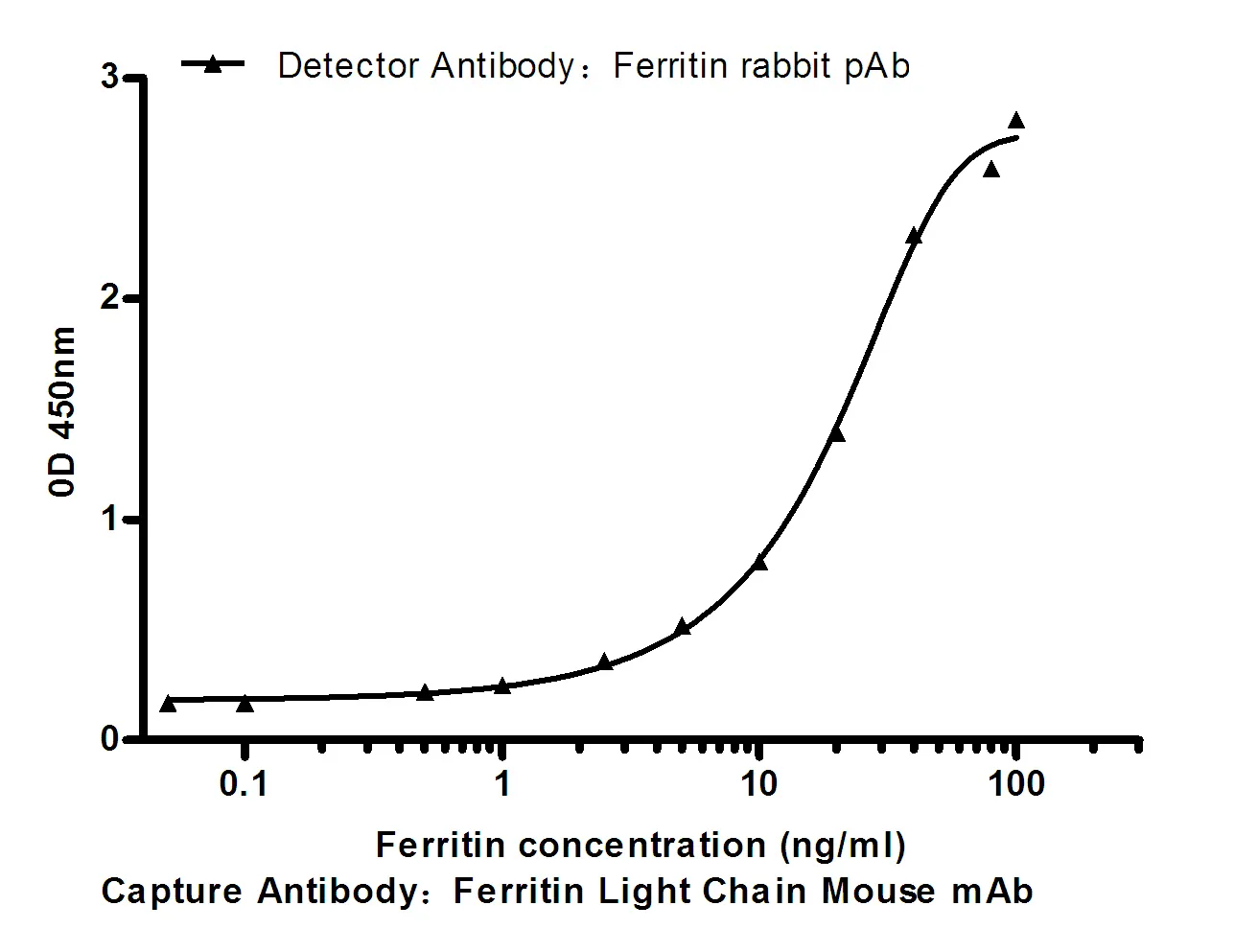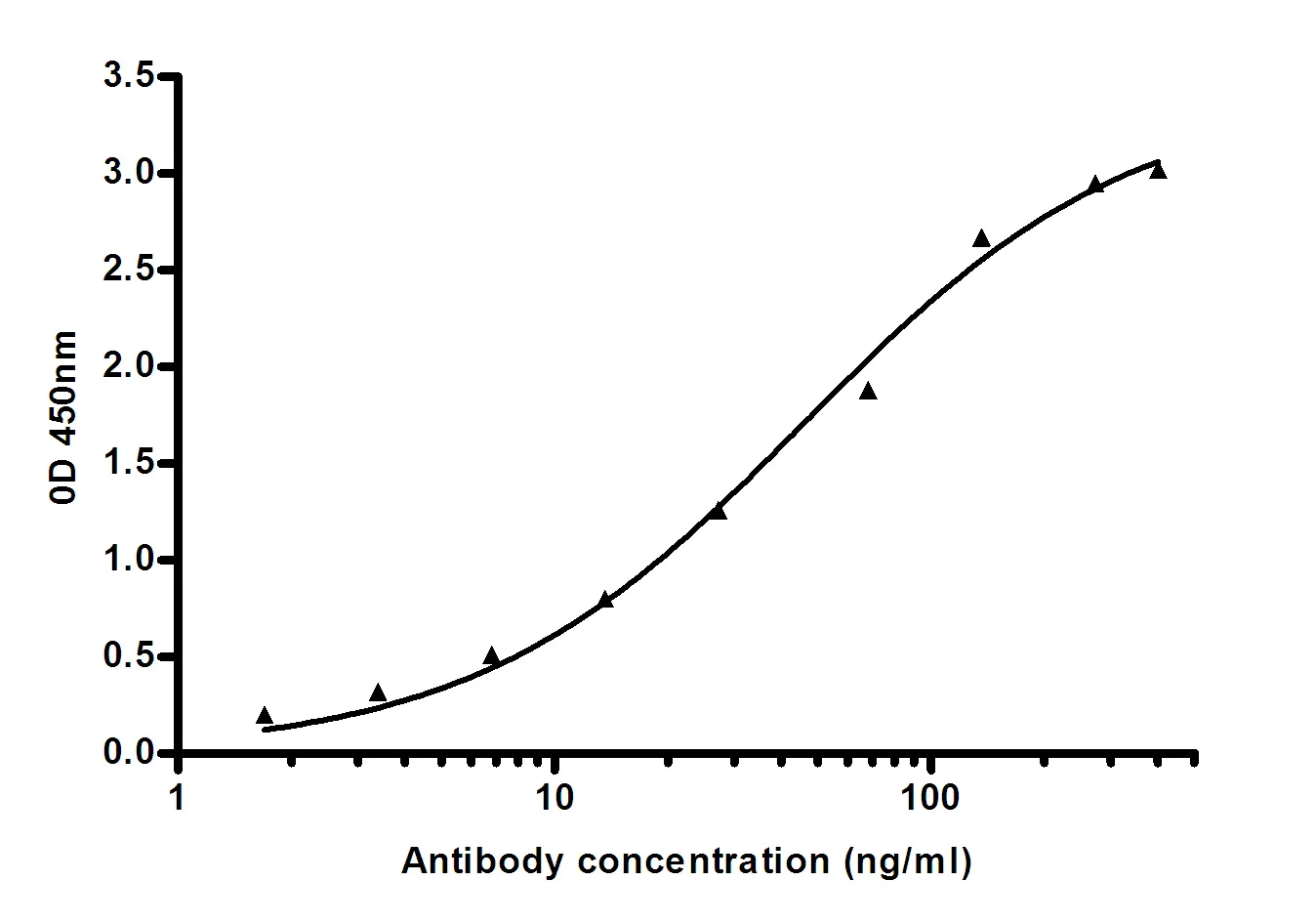Summary
Performance
Immunogen
Application
Background
homeodomain interacting protein kinase 1(HIPK1) Homo sapiens The protein encoded by this gene belongs to the Ser/Thr family of protein kinases and HIPK subfamily. It phosphorylates homeodomain transcription factors and may also function as a co-repressor for homeodomain transcription factors. Alternative splicing results in four transcript variants encoding four distinct isoforms. [provided by RefSeq, Jul 2008],catalytic activity:ATP + a protein = ADP + a phosphoprotein.,function:May play a role as a corepressor for homeodomain transcription factors. Phosphorylates DAXX in response to stress, and mediates its translocation from the nucleus to the cytoplasm. May be involved in malignant squamous cell tumor formation.,PTM:Autophosphorylated. Phosphorylated and activated by JNK1.,similarity:Belongs to the protein kinase superfamily.,similarity:Belongs to the protein kinase superfamily. CMGC Ser/Thr protein kinase family. HIPK subfamily.,similarity:Contains 1 protein kinase domain.,subcellular location:Predominantly nuclear.,subunit:Interacts with Nkx1-2 and Nkx2-5 (By similarity). Interacts with DAXX and TP53.,tissue specificity:Ubiquitously expressed with highest levels in skeletal muscle and heart. Overexpressed in breast cancer cell lines.,
Research Area



